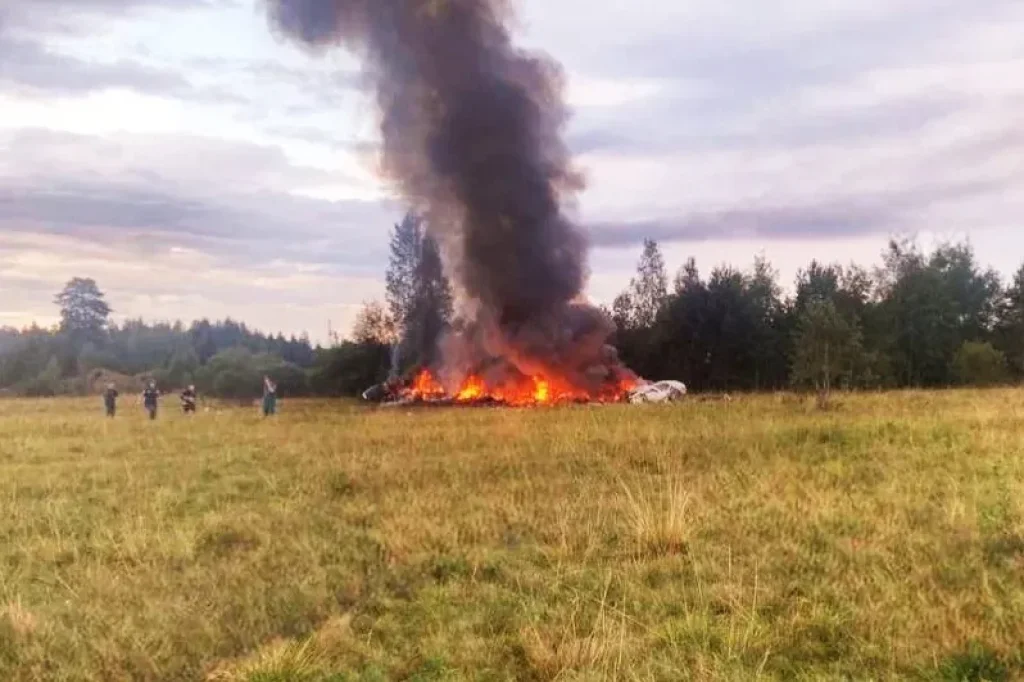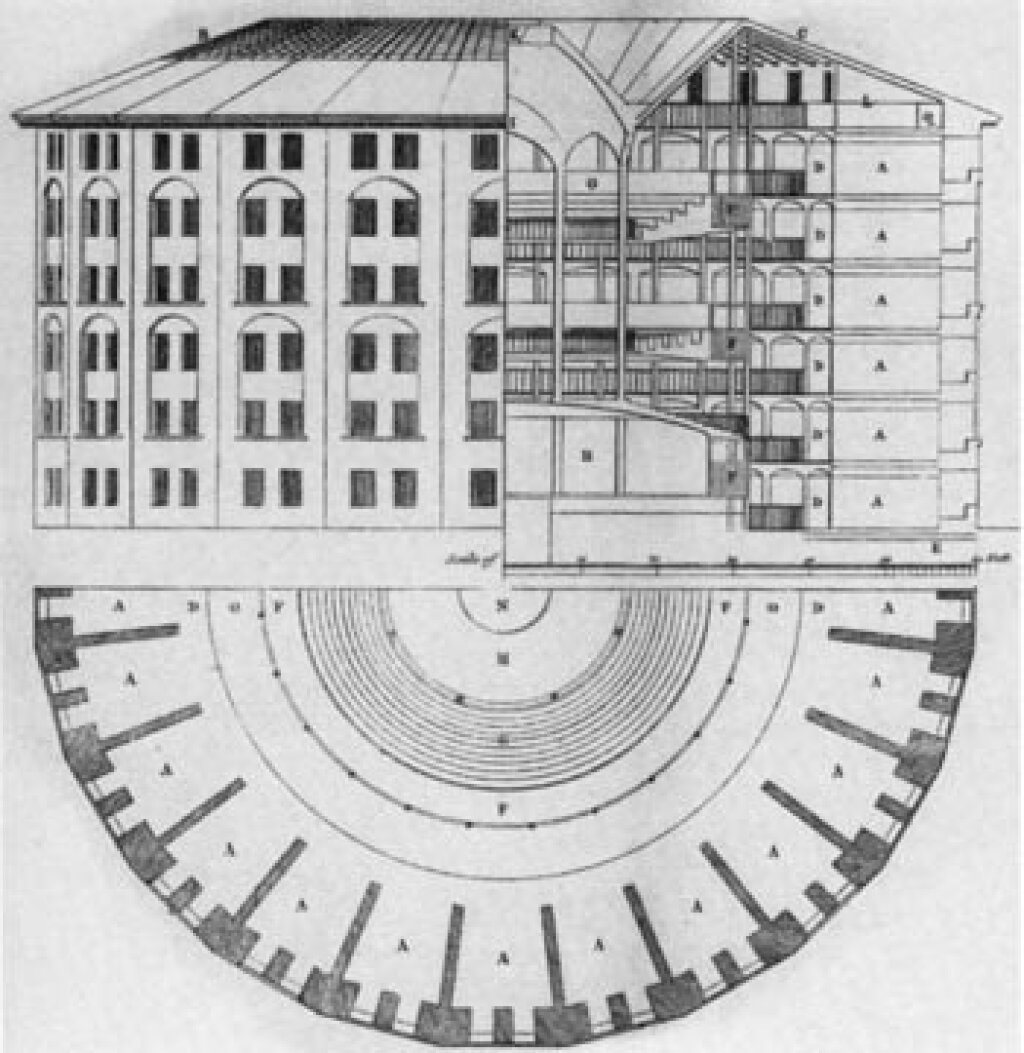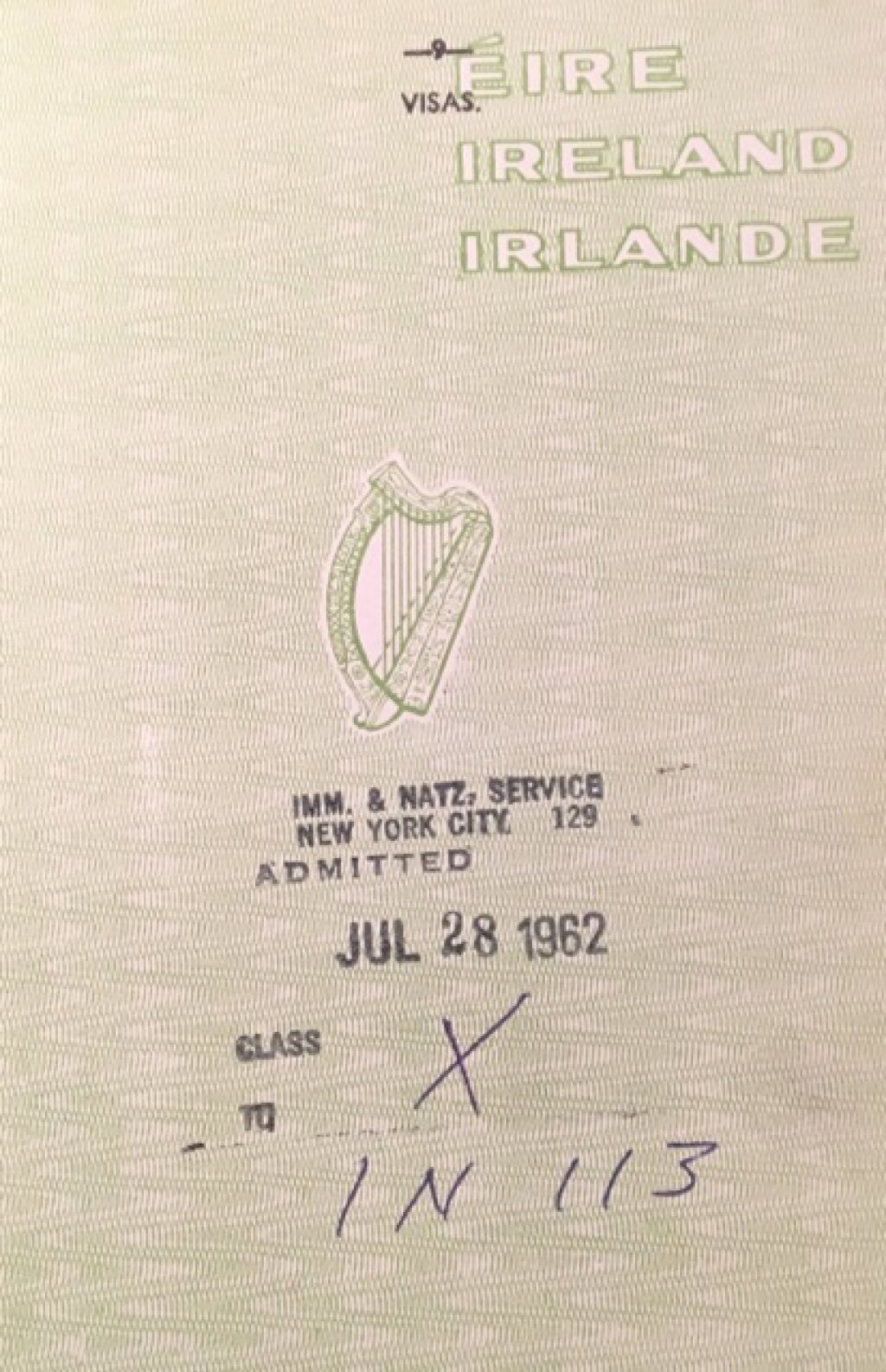This is Part I of a two-part series. Part II will follow tomorrow, 11/2.
This piece originally appeared as a Policy Memo on PONARS Eurasia.
Mark Kramer is Director of Cold War Studies at Harvard University and a Senior Fellow of Harvard’s Davis Center for Russian and Eurasian Studies. This memo was completed in August 2023.
In Russia, politicians who run afoul of President Vladimir Putin are at risk of being killed by poison, defenestration, or gunshot, or of being sentenced to harsh prison terms on spurious charges. And now, in the wake of the airplane crash that occurred in the Tver region northwest of Moscow on August 23, many observers both inside and outside Russia believe the Russian president has come up with another technique for eliminating his rivals. No one doubts Putin’s ruthlessness, but whether he was in fact responsible for the downing of the plane is as yet unclear. The widespread assumption that Putin was behind it is politically important, but the full truth of the matter may never emerge.
Precedents from Abroad and at Home
On many occasions in the past, aircraft have become entangled in political shenanigans in various countries, especially in repressive dictatorships. When Argentina was under military rule from 1976 to 1983, the junta deployed military aircraft with special flight crews who would shove political prisoners to their deaths in the ocean. Dozens, perhaps hundreds, of detainees were killed in this manner. Even earlier, in 1971, a high-ranking Chinese Communist official, Lin Biao, died in a mysterious plane crash after China’s supreme leader, Mao Zedong, suddenly turned against him. Despite the passage of 52 years, many aspects of the Lin Biao affair remain inscrutable. Neither Mao nor his successors ever offered a thorough accounting of the matter. China’s current leader, Xi Jinping, like all his predecessors, has stuck to the outlandish claims that were put forth five decades ago.
Even when a plane crash involving a democratic country occurs and is known to have stemmed from pilot error rather than a grand conspiracy, political controversy can swirl around the incident. This was evident with the tragic crash near Smolensk in April 2010 that killed all 96 people on board, including Polish President Lech Kaczyński and other high-ranking Polish political and military officials. Polish investigators promptly undertook a thorough, transparent investigation that eventually pinpointed the cause as pilot error in severe weather, coupled with deficiencies on the part of the ground controllers. The weather around Smolensk was so inclement on the day of the crash that the pilot and ground controllers had warned against trying to make a landing, but they were overruled by senior figures on the plane, as was clearly revealed on the cockpit voice recorder. Even though the report from the Polish investigation was professional and highly convincing, it was denounced by Kaczyński’s twin brother, Jarosław, the long-time leader of Poland’s Law and Justice Party, who had previously been prime minister. He refused to accept the results and alleged, without evidence, that the crash was the result of a Kremlin-orchestrated conspiracy. He accused the Polish government, which was then under the control of the rival Civic Platform party, of covering up the matter on behalf of the Russian authorities. These baseless allegations continue to roil Polish politics to this day.
In Russia itself, an air crash in April 2002 became ensnared in political controversy, albeit only briefly. General Aleksandr Lebed, who had been a charismatic Russian army commander and then was elected governor of Russia’s Krasnoyarsk region in 1999, died when his official helicopter crashed into a high-voltage line in dense fog. A member of the Russian parliament, Aleksei Arbatov, initially speculated that sabotage might have played a role in the crash, but no evidence of that ever emerged, and Lebed’s family accepted the finding that pilot error in adverse weather was the cause.
The Prigozhin Crash
These and other earlier episodes should be borne in mind when assessing what we are likely to learn about the death of Evgenii Prigozhin, the controversial head of the so-called Wagner Group, a large collective of mercenary Russian soldiers who have perpetrated violent mayhem and atrocities around the world on behalf of the Russian Federation. On June 23-24, Prigozhin led some of his forces in a short-lived mutiny against Russia’s Ministry of Defense. Putin was apparently caught off guard by the mutiny and was slow to respond. As Prigozhin’s troops edged closer to Moscow, Putin angrily accused them of “treason,” but he did not follow up with a forceful crackdown. Instead, he accepted a murky deal that allowed Prigozhin and his soldiers to go free in return for ending the mutiny.
Many aspects of the mutiny and the subsequent “deal” did not add up, and most observers assumed that the whole affair would eventually end badly for Prigozhin. But just five days after the mutiny ended, Putin met in the Kremlin with Prigozhin and other senior Wagner Group personnel. By all indications, Prigozhin in recent weeks was able to travel around Russia and abroad with few constraints and to continue overseeing the intricate network of businesses he operated. Last month, for example, several of his companies signed lucrative new catering contracts with Russian government agencies.
But the crash of an Embraer Legacy 600 jet in Russia’s Tver region on August 23, with seven passengers and three crew members on board, brought a violent end to Prigozhin’s audacious career. He and his chief military commander, Dmitrii Utkin, as well as other senior Wagner Group figures, were among the passengers. On August 27, official investigators in Russia announced that DNA testing had confirmed the deaths of Prigozhin and others on the flight manifest.



